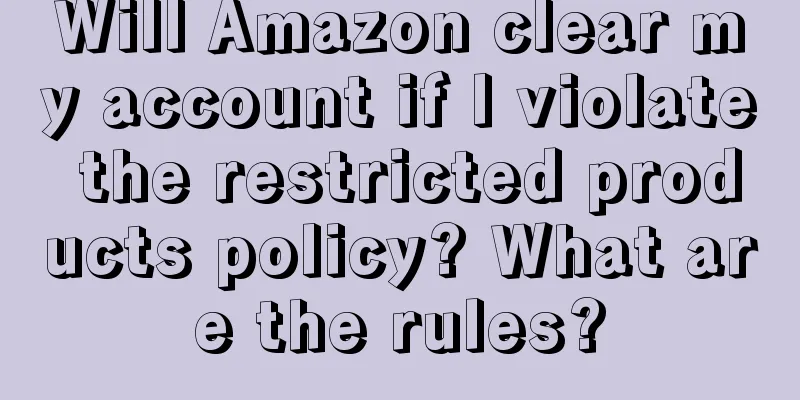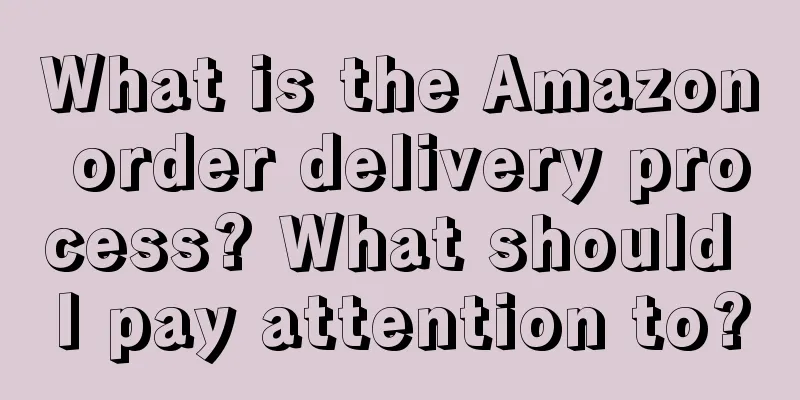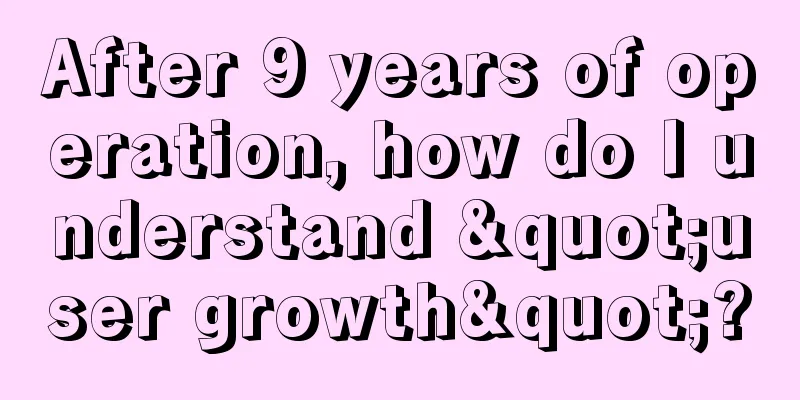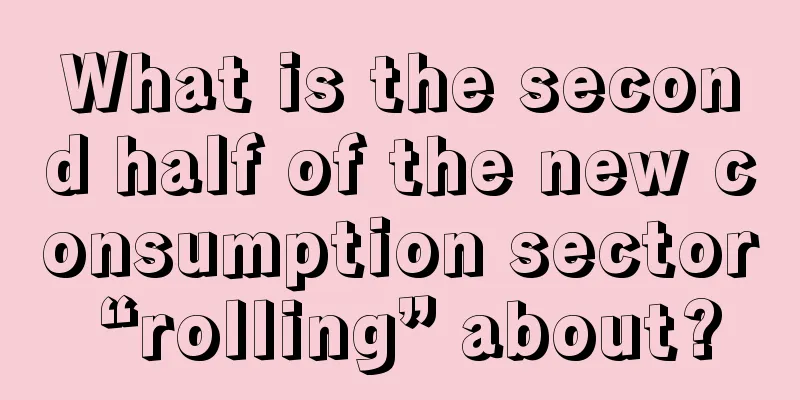Will Amazon clear my account if I violate the restricted products policy? What are the rules?

|
On Amazon, everyone generally needs to abide by the rules. If you don't abide by the rules, there may be corresponding penalties and impacts on your store. Will Amazon clear your store if it violates the restricted product policy? 1. Will Amazon clear my account if it violates the restricted products policy? According to Amazon policy, the seller's violation record will remain in the account for 180 days, and will automatically disappear from your account status page after 180 days. However, this record will not affect the seller's account status and performance, nor will it affect your normal sales. 2. What are the scoring and deduction rules? 1. All new sellers have an initial score of 200 points. Sellers will receive an additional 4 points for every 200 orders they successfully complete in the past 180 days. 2. Each time a seller is found to have a new policy violation, points will be deducted from the account health rating score, and the deducted points will be restored when the seller successfully resolves the violation. The score of each violation depends on the severity, usually 2 to 8 points, but serious violations will automatically reset the seller's account health rating score to zero. In addition, if a seller violates the same policy multiple times, in some cases, repeated violations will double the points. 3. Once a seller’s account is deactivated for falling below the lower limit of the account status rating score (99 points), they need to resolve the violations on the account status page. They can appeal against these violations or file a dispute. If the appeal or dispute is successful, Amazon will withdraw the order. 4. Amazon account rating is a color-coded numerical score between 0 and 1,000. There are three colors corresponding to different score values. "Green" ("Healthy"), with a score of 200-1,000, means that the seller's account is not at risk of being deactivated according to the policy involving that score. 5. If the seller's account health rating is "yellow" ("at risk") and the score is 100-199, it means that the seller's account is at risk of being deactivated. If the seller's account health rating is "red" ("unhealthy") and the score is 99 or lower, it means that the seller's account meets the deactivation requirements or has been deactivated. 6. If the seller's account is in a "risky" or "poor" status, the seller needs to resolve the issues affecting the account status rating score within 7 days, otherwise the seller's account may be deactivated. If Amazon violates the restricted goods policy, it will generally clear the goods directly, and at the same time there will be a restriction on the store’s traffic, so the related impact is very large. Recommended reading: What does Amazon's natural order mean? How to distinguish the advertising order? What to do if Amazon traffic is only in the dozens? How to improve it? What are the traffic entrances of Amazon? Detailed introduction |
<<: How to set up Amazon to not merge warehouses? Why do warehouses need to be split and merged?
Recommend
No longer competing on low prices? Douyin e-commerce starts playing the "high-end card"
Recently, the female star Aya and her bestie Zhou ...
From 350,000 to 170,000, why did the prices of Mercedes-Benz, BMW and Audi all drop this year?
This article mainly analyzes the large-scale price...
Is it normal for Amazon to not place orders at the beginning? Why doesn't Amazon place orders?
There are many merchants who open stores on the Am...
Six unconventional methods helped lululemon achieve excess profits
In the development history of sportswear brand lul...
The Great Migration of KPIs for Marketers: From “Market Share” to “Voice”
In today's era of information explosion and ra...
Jiuzhuan Dachang is popular, and the old variety show sheds tears of the times
During the Spring Festival, a Shandong specialty, ...
What should I do if Pinduoduo has no visitors without driving? How can I increase traffic?
As the traffic on Pinduoduo's platform grows, ...
The four models of causal inference really work!
Among the many challenges of data analysis, causal...
What is Amazon FBA? Can I use someone else's FBA?
As a new seller, you may be unfamiliar with the te...
The porter business in Douyin
Can you attract viewers to place orders just by re...
Is cross-border e-commerce an unpopular major? What are the cross-border e-commerce platforms?
There are actually quite a lot of merchants engage...
Killer case, Moutai has mastered metaverse marketing!
The Metaverse is rapidly germinating and growing i...
Emotional value is becoming the main driving force behind the hot sales of products
This article introduces the importance of product ...
Loneliness has become a business!
How did the loneliness economy model come about? U...
I never thought of that! Click the product link in WeChat and you can go directly to Taobao
Recently, the barriers between WeChat and Taobao h...









